Should You Wear Sunscreen Every Day, Even in Winter or Indoors? Science Says YES!
Most people associate sunscreen with sweltering beach days, tropical vacations, and that one time they forgot to reapply and turned into a human lobster. But what if we told you that sunscreen isn’t just a summer essential?
That’s right. Wearing SPF daily—even in winter or indoors—isn’t just a skincare trend; it’s a dermatologist-approved non-negotiable. If you’re serious about keeping your skin youthful, healthy, and protected, then SPF is your best friend.
But don’t just take our word for it. Let’s break down exactly why you should be slathering on sunscreen 365 days a year.
3 FREE Perfume Samples
We’ve recently created a Whatsapp group for beauty enthusiasts like you! To grow this community we temporarily offer 3 free perfume samples when you join!
Make sure to join asap, we’re running out of free samples soon! After joining, you can place an order and claim the random free samples.

Why You Need Sunscreen in Winter
Just because it’s cold outside doesn’t mean UV rays take a vacation. Here’s why SPF should still be part of your winter routine:
- Snow Doubles UV Exposure – Snow reflects up to 80% of UV rays, increasing your skin’s exposure. Skiers and snowboarders, take note!
- UVA Rays Are Always Present – Unlike UVB rays (which cause sunburns), UVA rays penetrate deeper into the skin and are just as strong year-round. These rays lead to wrinkles, dark spots, and skin damage—no matter the season.
- Cloudy Days Don’t Block UV Rays – Up to 80% of UV radiation passes through clouds, so even if it looks gloomy, your skin is still at risk.
If you’re skipping SPF in winter, you’re essentially letting UV rays cause invisible but long-term damage to your skin.
Why You Need Sunscreen Indoors
You might think staying inside keeps you safe, but here’s the catch:

- Windows Don’t Block UVA Rays – Regular glass stops UVB rays but allows UVA to pass through. If you work near a window or drive often, you’re still exposed.
- Blue Light from Screens Can Contribute to Skin Aging – While not UV-related, prolonged exposure to blue light from devices may cause hyperpigmentation. Some sunscreens offer added protection against this.
So, unless you’re in a windowless basement 24/7 (not recommended), daily SPF is still a must!
What Kind of Sunscreen Should You Use Indoors?
If you’re spending most of your day inside, you might not need heavy-duty waterproof SPF 50. Instead, look for:
- Broad-Spectrum SPF 30+ – Blocks both UVA and UVB rays.
- Mineral Sunscreens with Zinc Oxide or Titanium Dioxide – These provide natural protection against blue light.
- Lightweight, Non-Greasy Formulas – Ideal for comfortable indoor wear.
Tip: Many tinted sunscreens contain iron oxides, which offer additional protection against blue light and hyperpigmentation!
Top 10 Sunscreens & Cosmetics with SPF
Below you can find the 10 best sunscreen and other beauty products with SPF protection right now on Beautinow.com.
Should I Wear Sunscreen at Night?
But what about nighttime? If you’re applying sunscreen all day, do you need it after the sun sets? Let’s clear that up.
No. Sunscreen is only necessary when there’s UV exposure. At night, there’s no sunlight, so SPF serves no purpose. Your nighttime routine should be all about replenishing and repairing your skin. Instead of SPF, opt for nourishing ingredients like hyaluronic acid for hydration, retinol for anti-aging, and niacinamide for brightening. This way, your skin gets the care it needs while you sleep—without unnecessary sunscreen.
Sunscreen is more than protection—it’s prevention. Make it a habit, no matter the season or setting, and your skin will stay healthier for years to come.

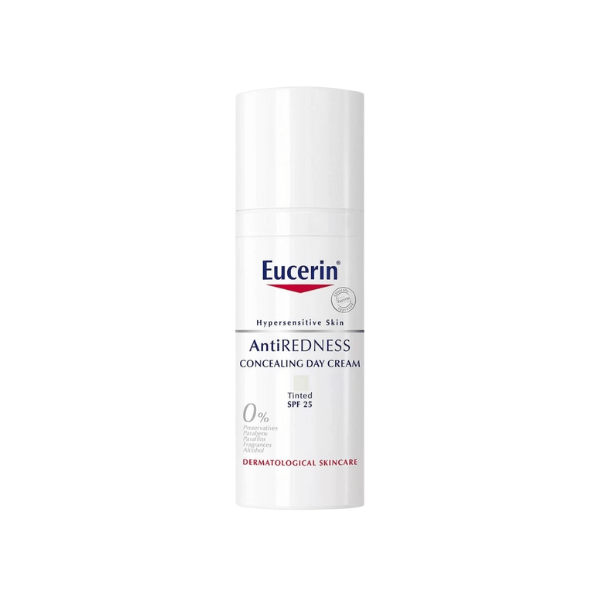
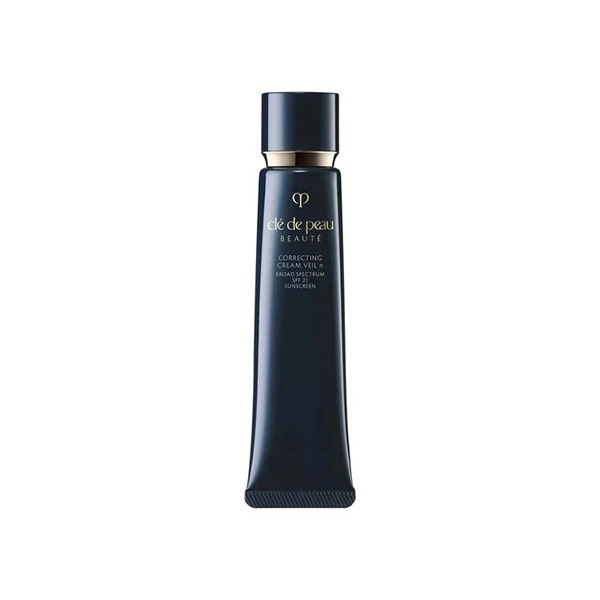
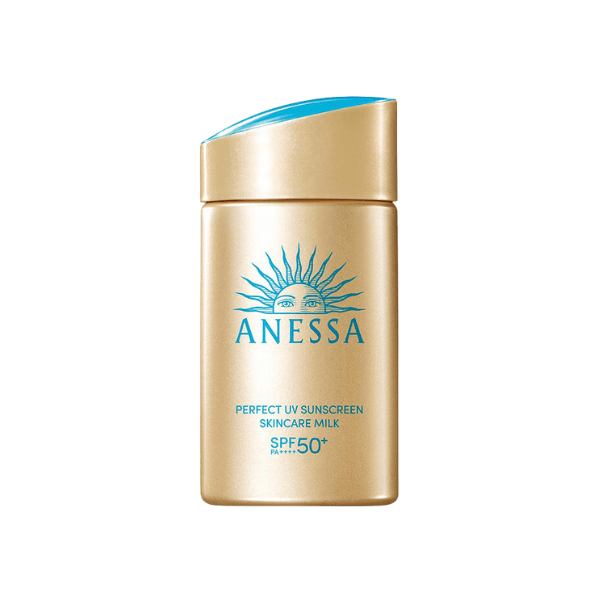
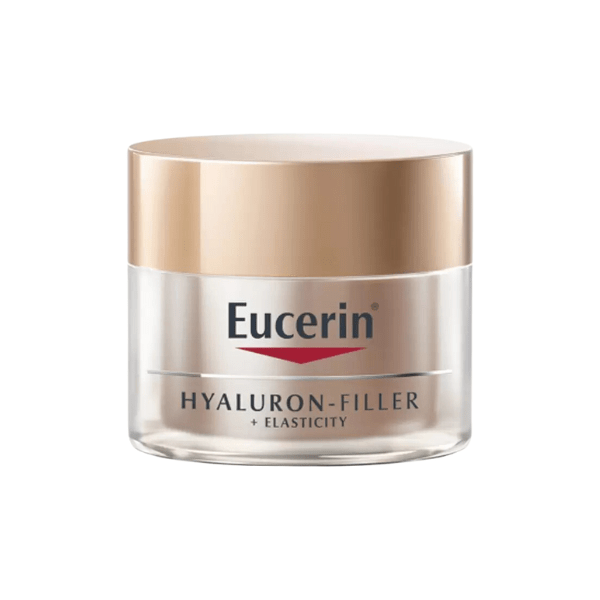

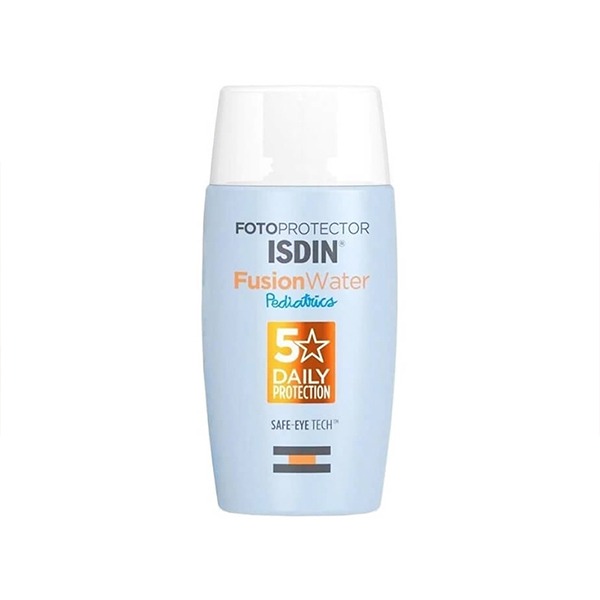
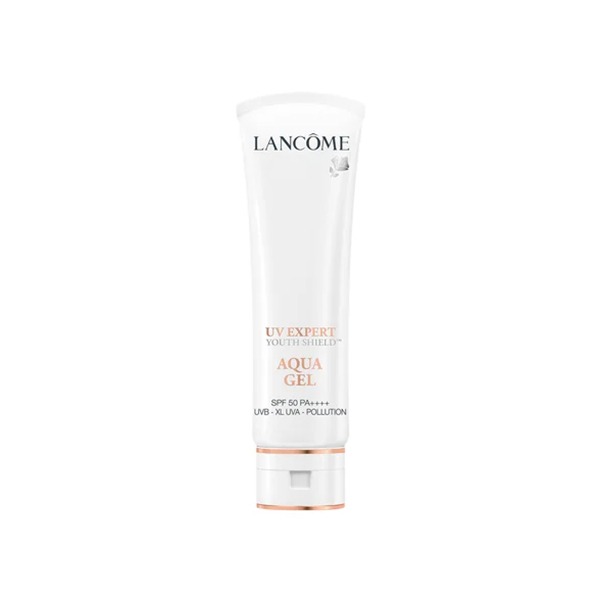
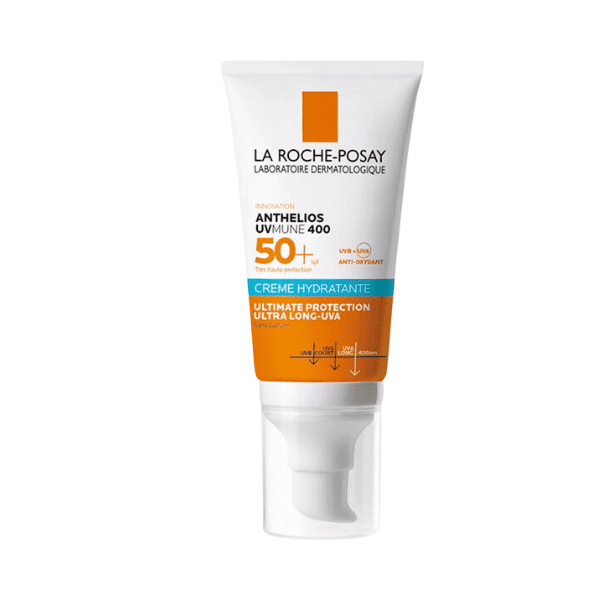
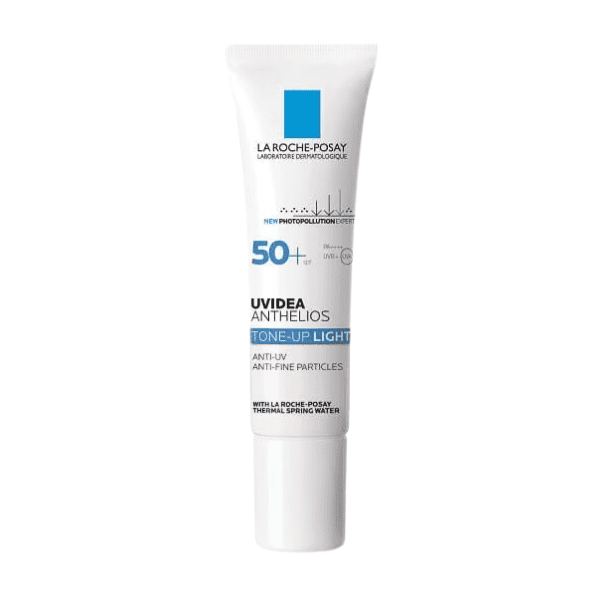
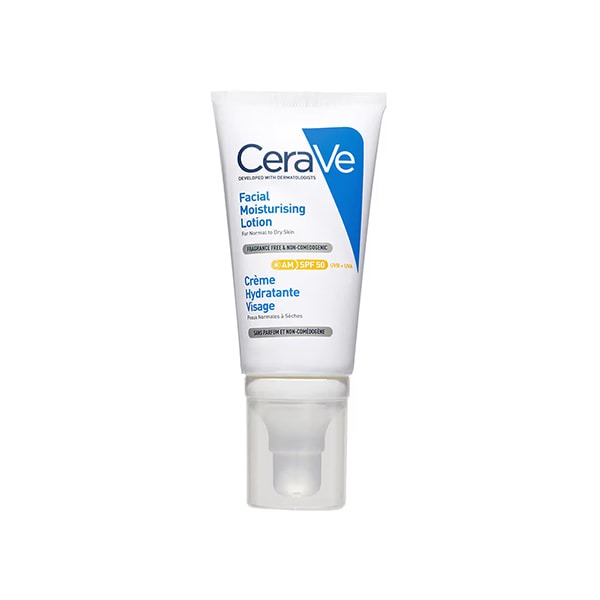
One Comment